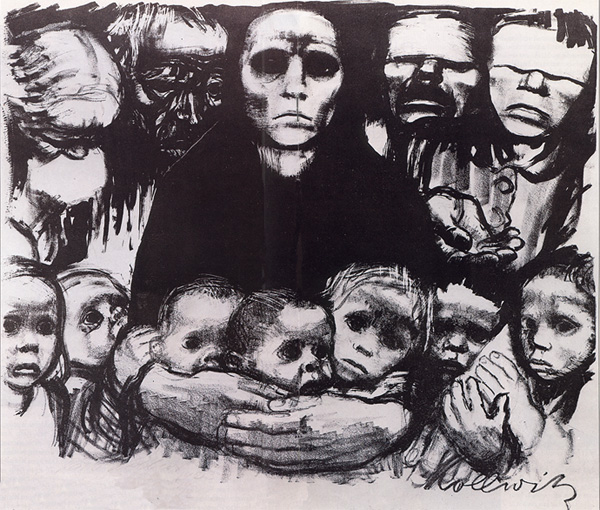The Central American Crisis Reader is probably the best reference source for background information on the US government’s involvement in Central America during the period under investigation. It is an immense repository of government documents, journalism, and political analysis related to the conflicts in Central America during the Cold War.
The Crisis Reader is a dense piece of work, coming in at over 700 pages in the 1987 edition, and the sheer volume of it may overwhelm some readers. Nevertheless, in that respect the Reader serves as a useful time capsule conveying something of the subculture of Western political activism in the last two decades of the Cold War. As computers provided increasingly efficient tools for law enforcement and intelligence agencies to monitor the activities of the citizenry, the development of databases became a metaphor for the power struggle between opposition political organizations and the state. Many activists developed comprehensive libraries of documents on the activities of the US government and its allies around the world, often to the amusement of other activists who didn’t see the point of hearing what the enemy had to say in private.
The modern subculture of FOIA/Leak activism has its roots in the activities of the bookworms of the 1970s and 1980s, who packed file cabinets and note card boxes with data on the individuals and organizations thought to be waging a war on democracy and human rights at home and overseas. The Central American Crisis Reader is highly recommended to any reader who feels the calling to approach the subject in that manner.



